
What your body does when you drink coffee every day

Are you one of those people who simply can’t imagine starting the day without your morning cup of coffee? If so, you’re in very good company. Coffee is the second most consumed beverage on the planet—right after water—with more than 2 billion cups enjoyed every single day. Yet despite how common it is, many coffee lovers have never stopped to think about what actually happens inside the body each time they take a sip.
In this expanded guide, we break down everything from how coffee affects your alertness, heart, and brain to what science says about its long-term health benefits and potential risks. You’ll also learn how different add-ins—like milk, sugar, or sweeteners—can change the health impact of your daily brew, as well as the best times of day to drink coffee for maximum benefit.
(Based on insights from Dr. Alberto Sanagustín.)
Key Takeaways
-
Coffee boosts alertness by blocking fatigue signals in your brain.
-
Research consistently supports benefits for your heart, liver, and brain.
-
Too much coffee or poor timing can disrupt sleep, bone health, and anxiety.
-
Milk, sugar, and sweeteners meaningfully influence its health effects.
-
Certain medical conditions and medications require extra caution.
➡️1. How Coffee Works Inside Your Body
When you take your first sip, caffeine is rapidly absorbed through the stomach and small intestine. Within 15–20 minutes, it’s circulating in your bloodstream, and its peak stimulating effect usually arrives between 30–60 minutes.
Inside the brain, caffeine blocks adenosine, a natural compound that builds up during the day and signals tiredness. By interfering with adenosine receptors, caffeine tricks your brain into feeling more awake and alert. Beyond that, it raises heart rate slightly, bumps up blood pressure, and triggers the release of adrenaline, the hormone associated with action and focus.
Caffeine’s effects last far longer than most people realize. Its half-life is about 5 hours, meaning half of the caffeine from your 8 a.m. cup is still active around 1 p.m. For some people—especially older adults or those with slower metabolism—the effects can linger well into the evening.
➡️2. Science-Backed Benefits of Coffee
Heart Protection
While coffee once had a reputation for harming the heart, newer and much larger studies have flipped that idea on its head. Drinking 3–5 cups a day is now associated with a lower risk of heart disease, stroke, and heart failure. Coffee’s antioxidants and polyphenols reduce inflammation and protect your blood vessels over time.
Brain Health & Neurodegenerative Disease
Coffee seems to offer meaningful protection against disorders like Parkinson’s and Alzheimer’s. Long-term coffee drinkers show a 30–40% lower risk of developing Parkinson’s and a reduced risk of Alzheimer’s disease. Although scientists still don’t understand every mechanism, caffeine and other compounds in coffee appear to help preserve healthy nerve cells.
Liver Health
Few foods or drinks have as strong an evidence base for liver protection as coffee does. Studies show reduced risks of fatty liver disease, cirrhosis, and even liver cancer. Interestingly, decaf coffee provides similar benefits, which means caffeine isn’t solely responsible.
Longevity
Large population studies consistently show that moderate coffee drinkers tend to live longer than non-drinkers. Coffee itself isn’t a miracle elixir, but its protective effects—alongside a reasonably healthy lifestyle—seem to support overall longevity.
➡️3. Coffee’s Risks and Side Effects
Sleep Disruption
Caffeine sticks around much longer than most people expect. Even a cup early in the day can reduce deep sleep, the most restorative phase. With age, this sensitivity often increases, meaning afternoon coffee might be the hidden culprit behind poor sleep and next-day fatigue.
Bone Health
Caffeine slightly increases calcium loss in urine. For the average person, this isn’t a major issue, but those who drink large amounts or fail to get enough calcium—especially postmenopausal women—may experience gradual bone weakening.
Blood Pressure & Anxiety
People with hypertension or anxiety disorders often react more strongly to caffeine. It can raise blood pressure, intensify nervousness, and trigger a racing heartbeat. Monitoring your personal response is essential.
Dependence & Withdrawal
Daily coffee consumption can create mild dependence. If you stop suddenly, you may notice headaches, irritability, drowsiness, or difficulty concentrating for a few days. Luckily, this is temporary and harmless—gradual reduction prevents most symptoms.
➡️4. Does Coffee Cause Cancer?
Despite past confusion, research shows that coffee does not cause cancer. On the contrary, regular consumption is linked to a lower risk of liver, endometrial, prostate, and some skin cancers.
The one caution: drinking beverages hotter than 65°C (150°F) may raise the risk of esophageal cancer by irritating the throat lining. Let your coffee cool slightly before drinking.
➡️5. When Should You Avoid Coffee?
Coffee may not be ideal for people with:
-
Reflux or gastritis: Coffee increases stomach acid and relaxes the esophageal valve.
-
Heart arrhythmias: Caffeine may intensify irregular heartbeats.
-
Certain medications:
-
It reduces absorption of thyroid meds like levothyroxine (wait 30–60 minutes after taking them).
-
Some antibiotics slow caffeine metabolism, making it feel stronger.
-
-
Severe anxiety or chronic insomnia: Coffee can amplify symptoms.
➡️6. How Much Coffee Is Safe?
Most adults tolerate up to 400 mg of caffeine per day—roughly 3–4 cups. Older adults may want to stay closer to 2–3 cups due to slower caffeine clearance. Beyond that, risks tend to outweigh benefits, especially regarding sleep, anxiety, and bone health.
➡️7. Best Time of Day to Drink Coffee
Your cortisol levels—your body’s natural alertness hormone—spike shortly after waking. Drinking coffee at this peak may add unnecessary stimulation and cause jitters. A better strategy is to wait 1–2 hours after waking.
To support good sleep, aim to avoid caffeine after 4–5 p.m. if you go to bed around 11 p.m.
➡️8. Is Decaf a Good Alternative?
Decaf isn’t caffeine-free, but its 2–5 mg per cup is tiny compared to regular coffee’s 80–100 mg. Decaf retains most antioxidant and liver benefits while being far less disruptive to sleep.
However, decaf still increases stomach acidity and may aggravate reflux—something many people don’t expect.
➡️9. Coffee With Milk, Sugar, or Sweeteners
Milk
Adding milk reduces the absorption of antioxidants by 20–30%, but you still get plenty of benefits. Milk also provides calcium, which can offset caffeine-related calcium loss—particularly helpful for older adults.
Sugar
Sugar is where coffee’s health profile can change dramatically. Regular sugar use increases risks of diabetes, weight gain, and heart disease. A gradual reduction strategy helps retrain your palate so you no longer crave sweetness.
Sweeteners
Non-caloric sweeteners like stevia or sucralose are generally safe in moderation, but they maintain your desire for sweet flavors. Many nutrition experts recommend slowly transitioning to less sweetness over time.
Plant-Based Milks
Soy milk is the closest to dairy nutritionally and works well when calcium-fortified. Almond and oat milks are lower in protein and often contain added sugars—always check labels. Like dairy, these milks slightly reduce antioxidant absorption but still allow for most benefits.
➡️10. Coffee Capsules & Instant Coffee
Capsules and instant coffee typically contain similar levels of caffeine and antioxidants as traditional brewed coffee. The key issue is flavored or specialty capsules—mocha, caramel, cappuccino blends—which often include added sugars, fats, or powdered milk. The healthiest choice is to use plain, unsweetened capsules and customize your coffee yourself.
👉Conclusion
Enjoyed wisely, coffee can be a powerful ally to your health—boosting energy, protecting vital organs, and even supporting longevity. The key is moderation and timing: keep intake around 3–4 cups a day (less if you’re sensitive), avoid sugar, choose healthy add-ins, and be mindful of sleep and medications.
Ultimately, your body knows best. If you notice changes in sleep quality, anxiety, digestion, or overall well-being, it may be worth adjusting your coffee habits. With a little awareness, you can enjoy every cup while maximizing benefits and minimizing drawbacks.
News in the same category

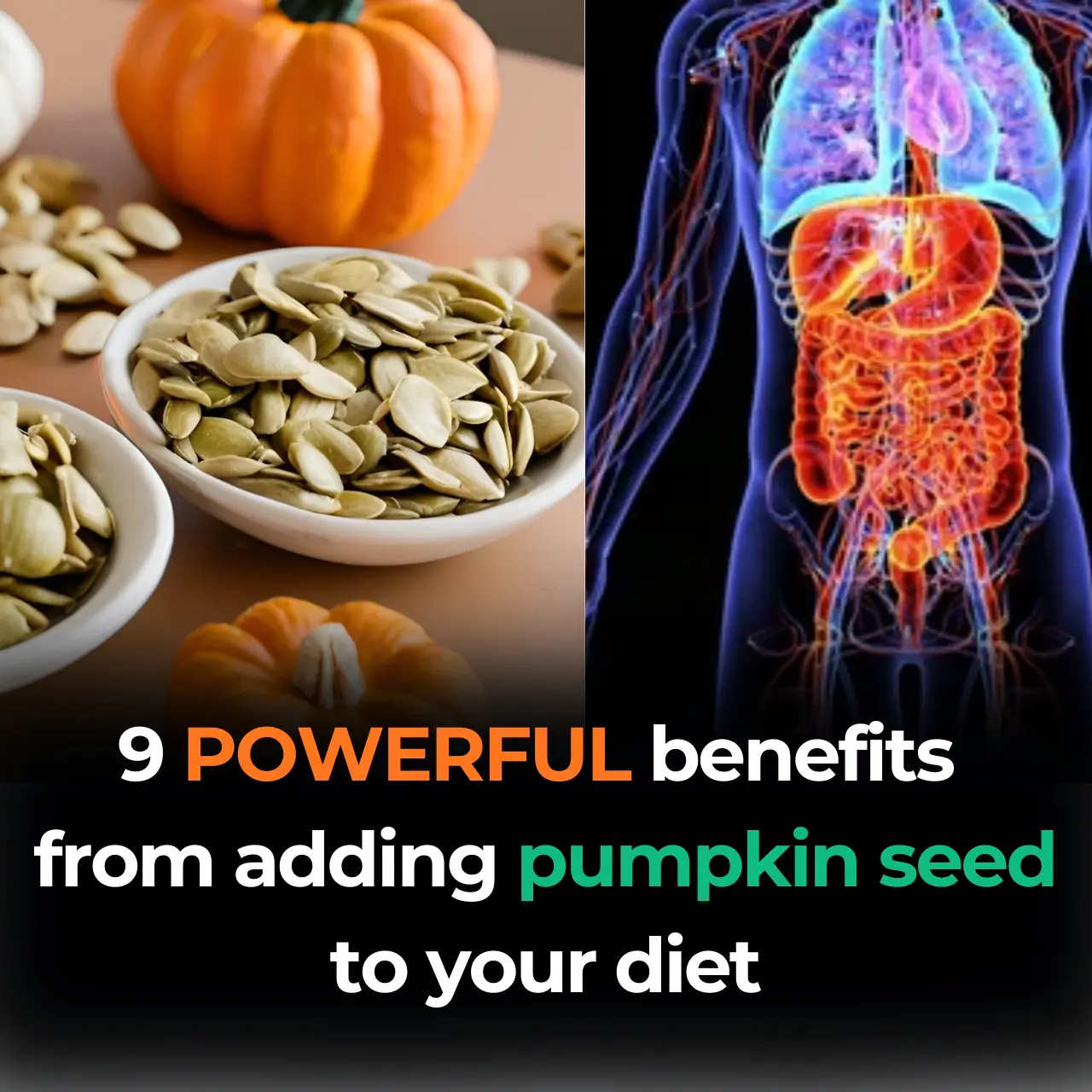
Scientifically Proven Benefits of Pumpkin Seeds (Pepitas) and Pumpkin Seed Oil
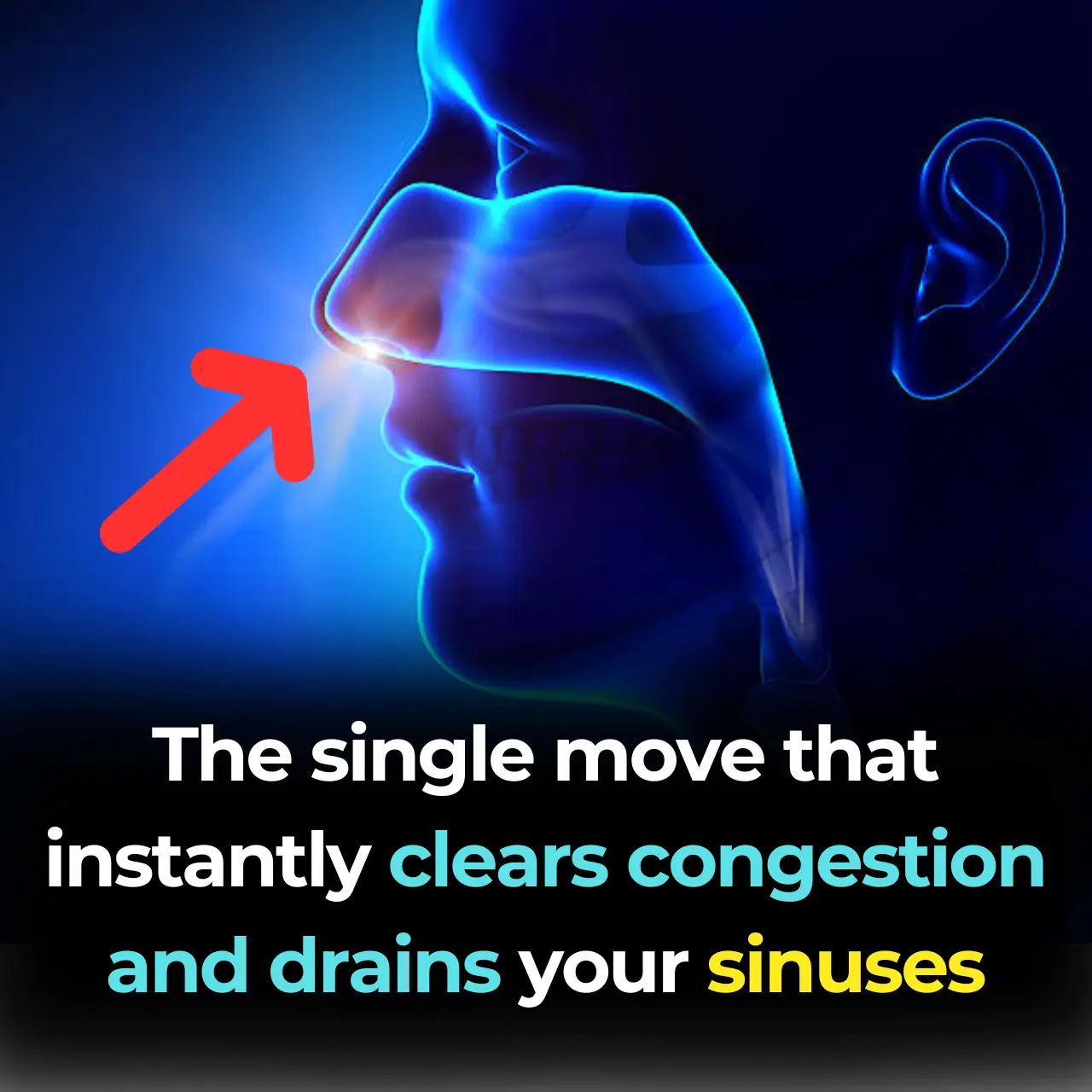
The single move that instantly clears congestion and drains your sinuses
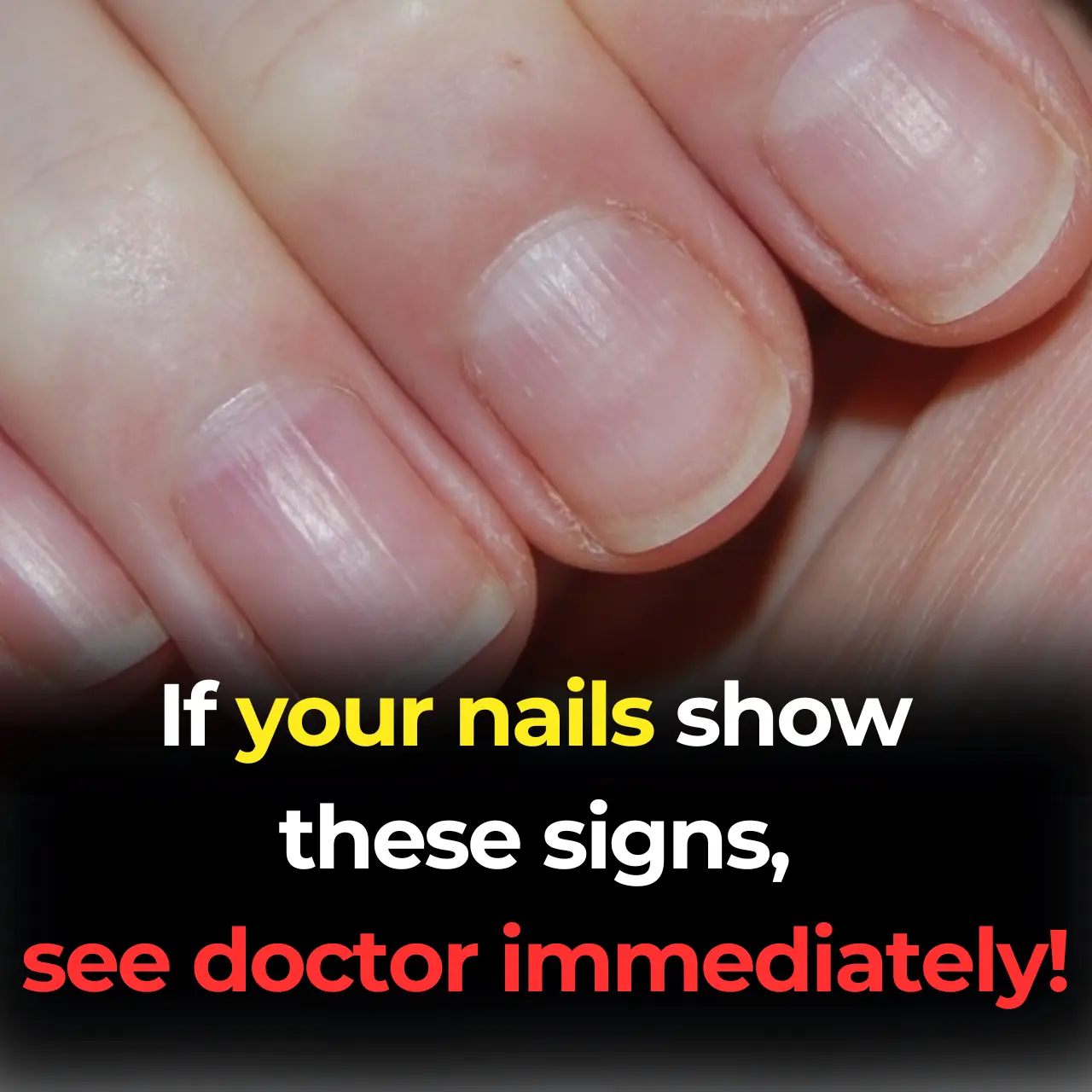
11 Health Warnings Your Fingernails May Be Sending

Stop blood sugar spikes—enjoy carbs without the crash!
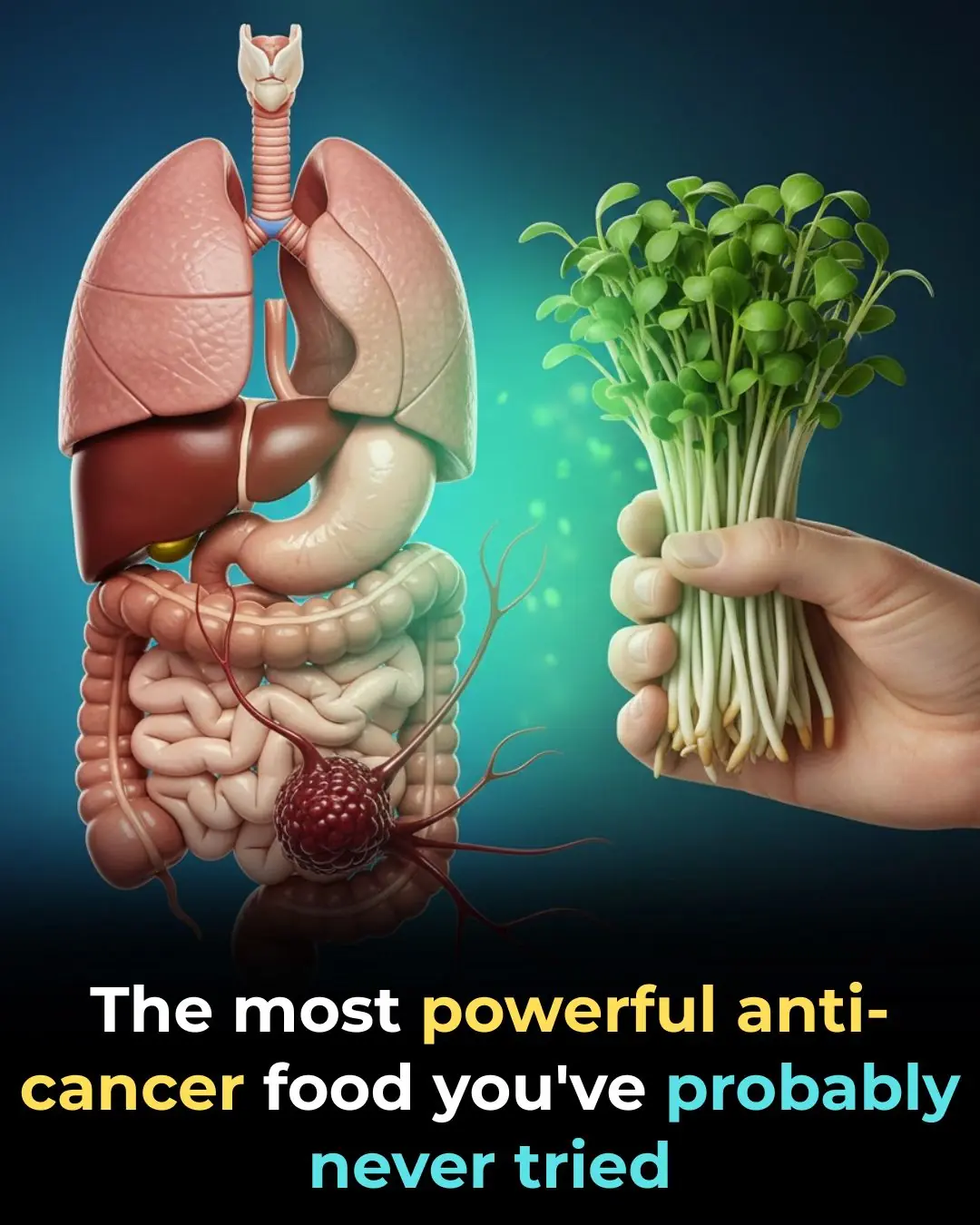
The most powerful anti-cancer food you’ve probably never tried

🩺 Be Aware: If You Notice This Skin Change, It Could Be Skin Cancer — Here’s What to Look For
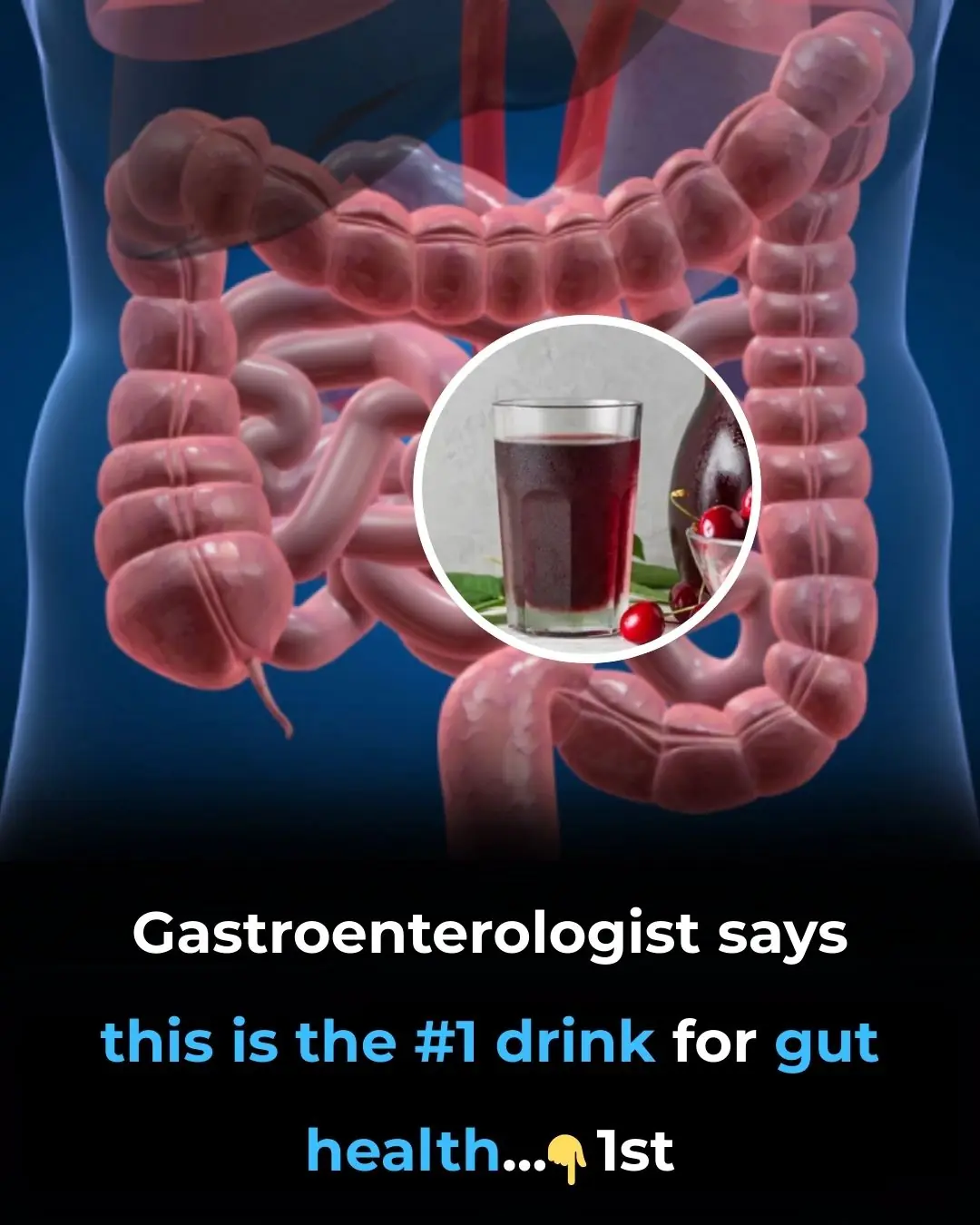
Gastroenterologist says this is the #1 drink for gut health
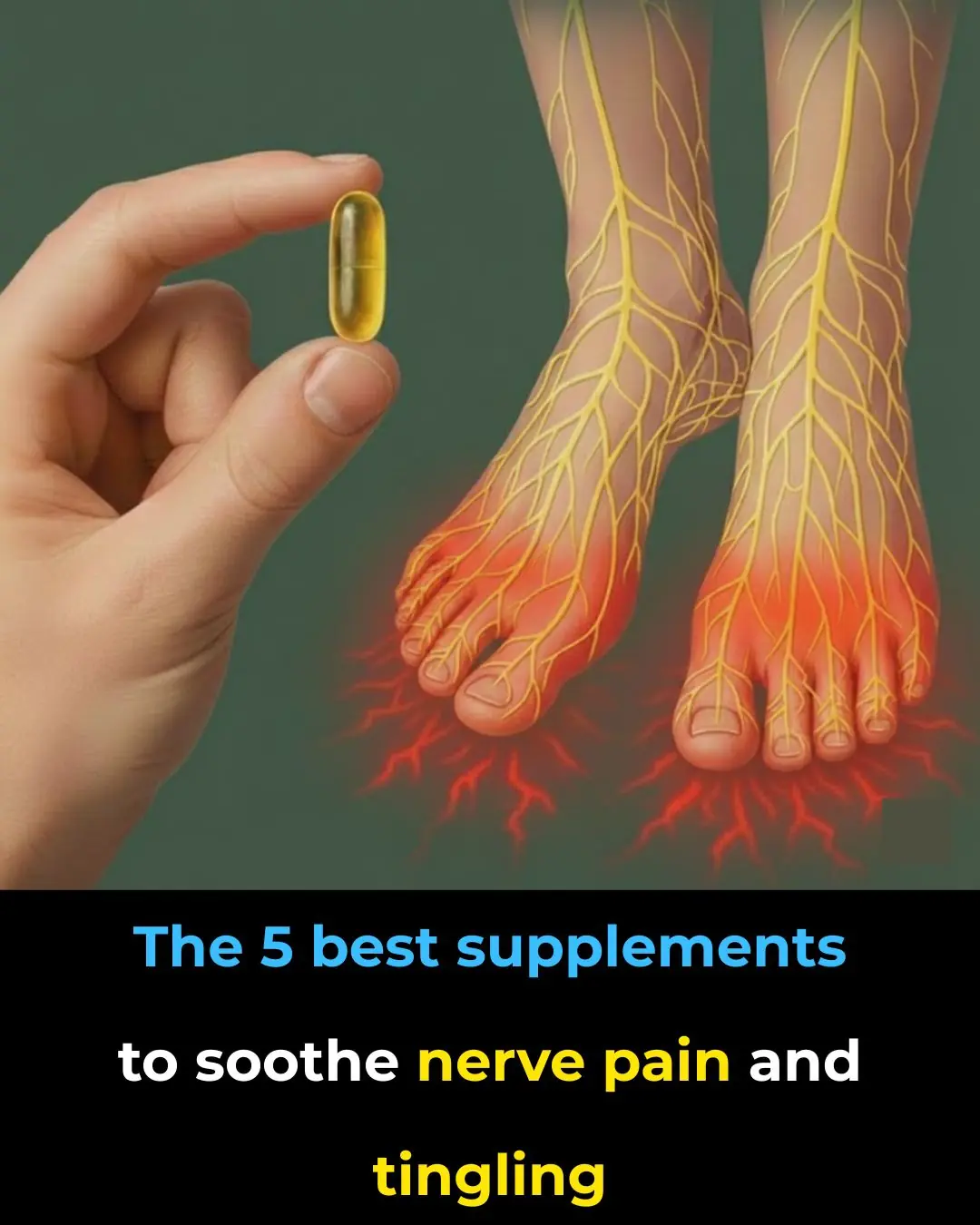
The 5 best supplements to soothe nerve pain and tingling
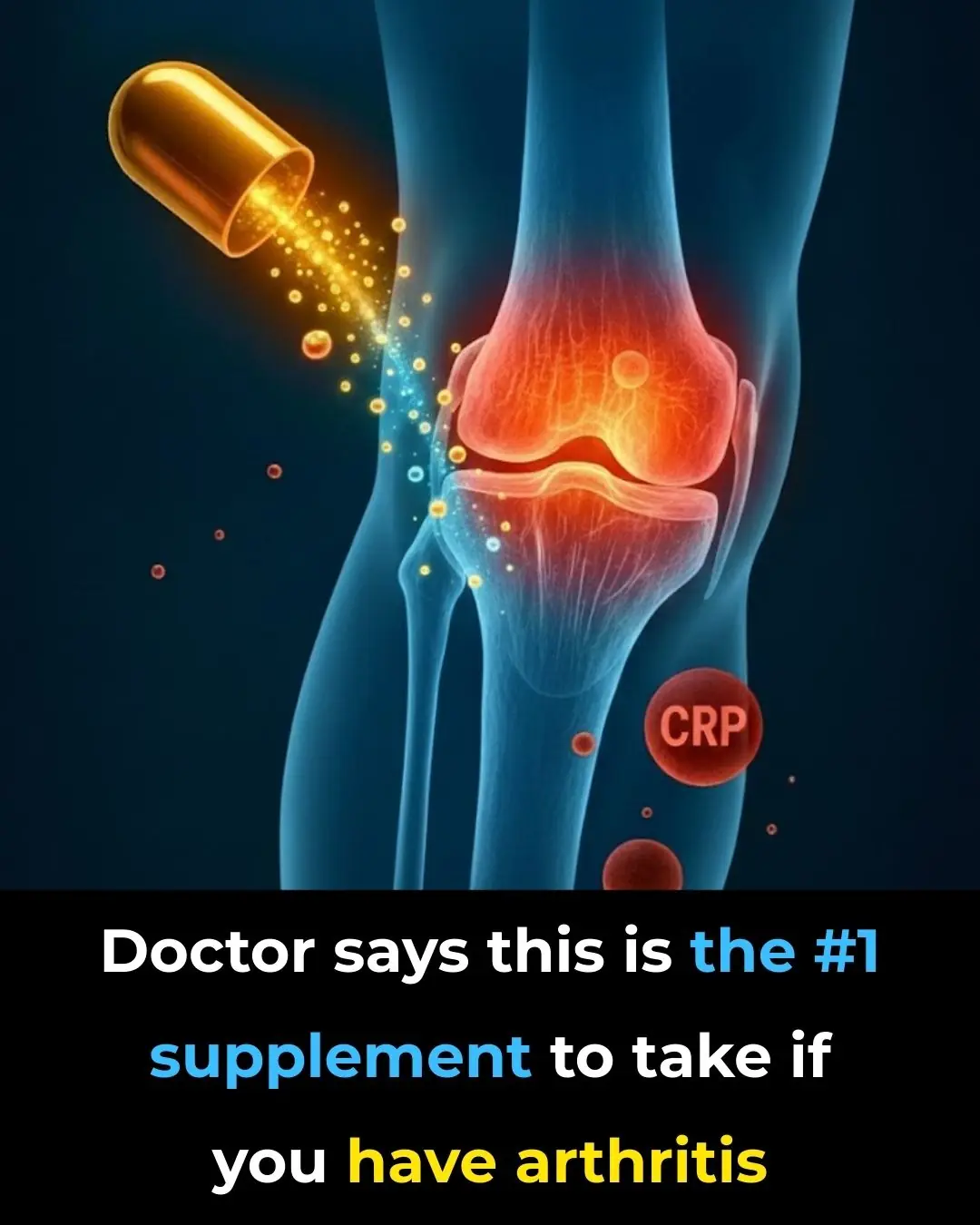
Doctor says this is the #1 supplement to take if you have arthritis

Stop blood sugar spikes—enjoy carbs without the crash!
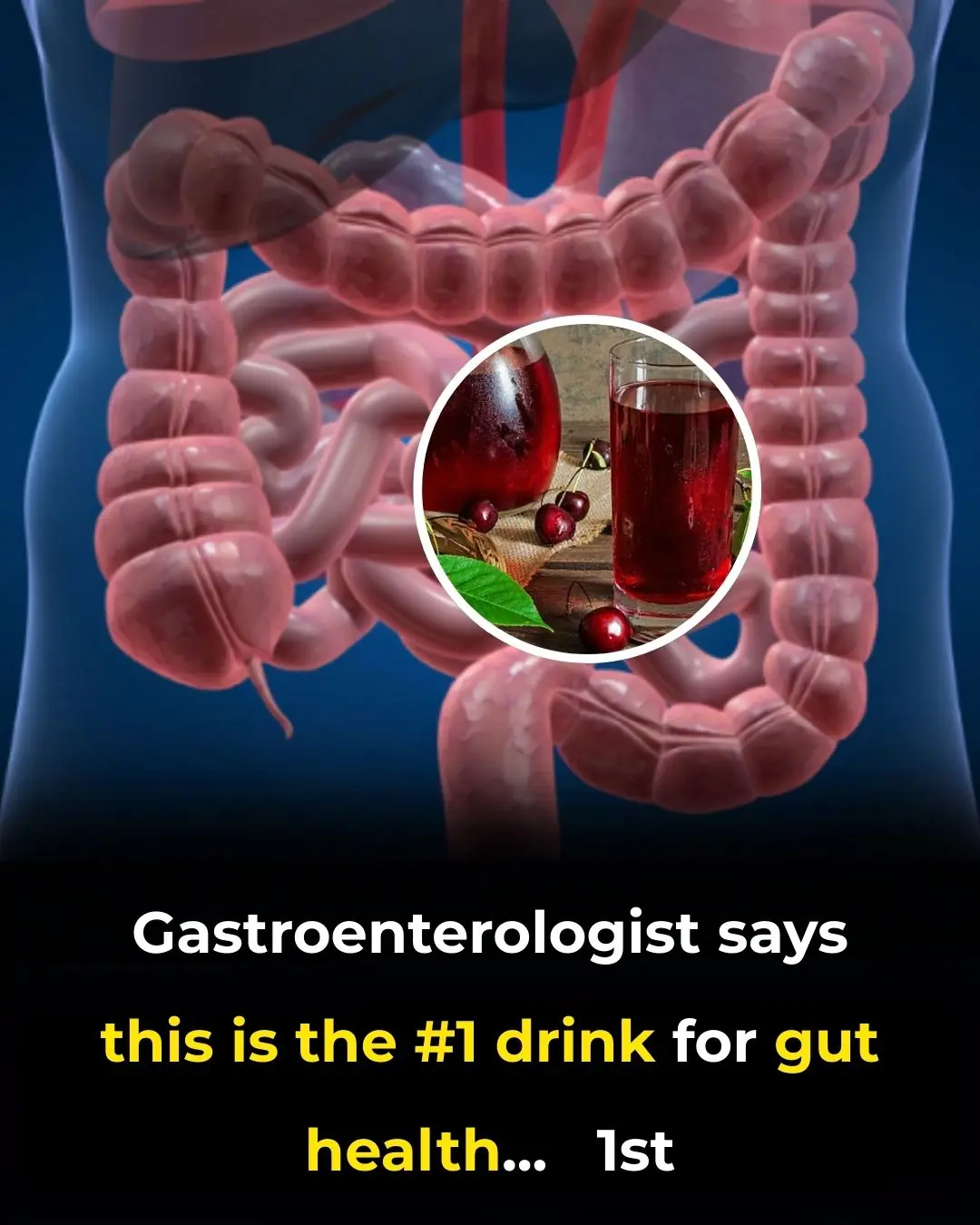
Gastroenterologist says this is the #1 drink for gut health
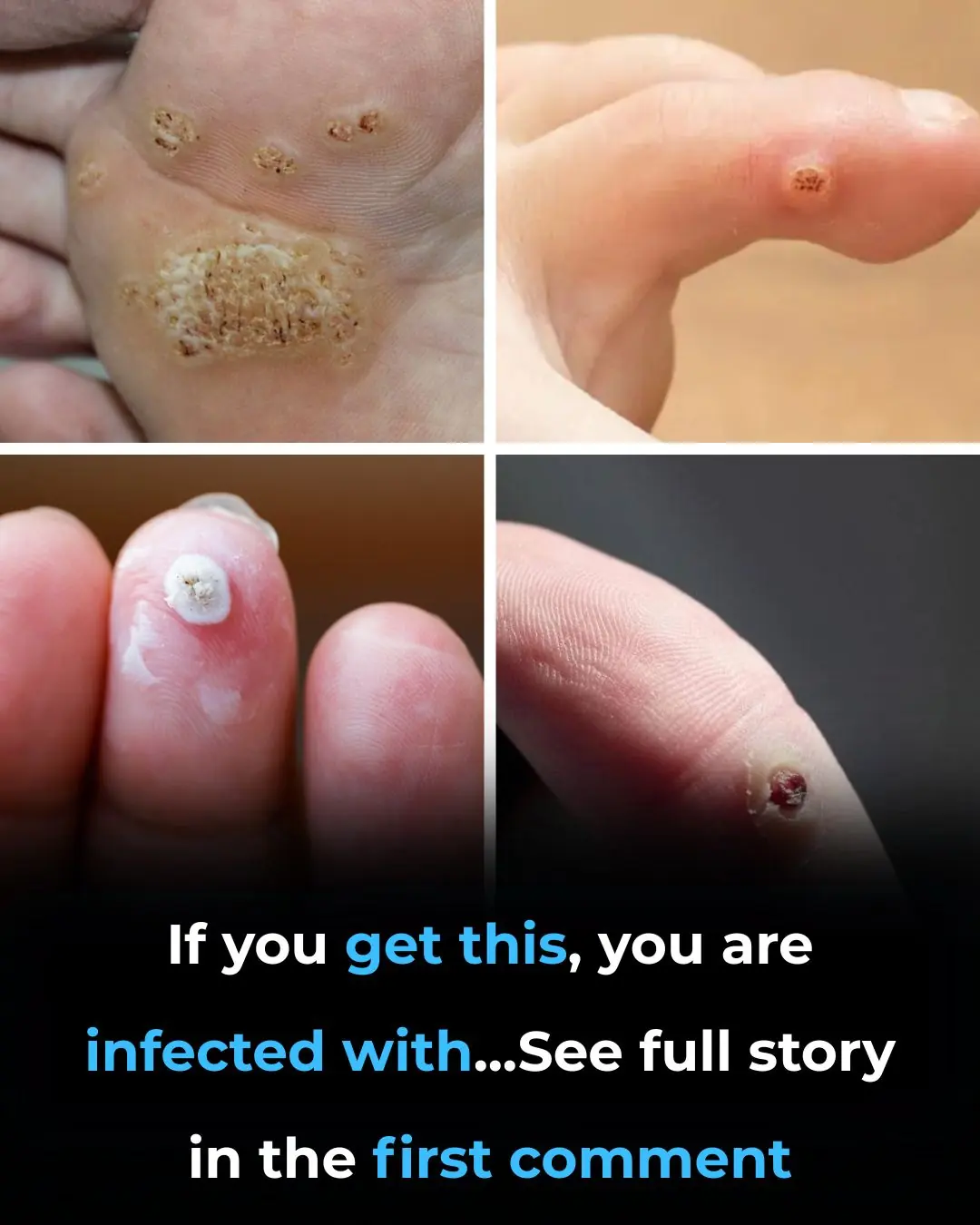
6 Types of Warts (Signs, Symptoms, Home Remedies, and Treatment)

Many experts warn that this food may increase health dangers — stop eating it now!
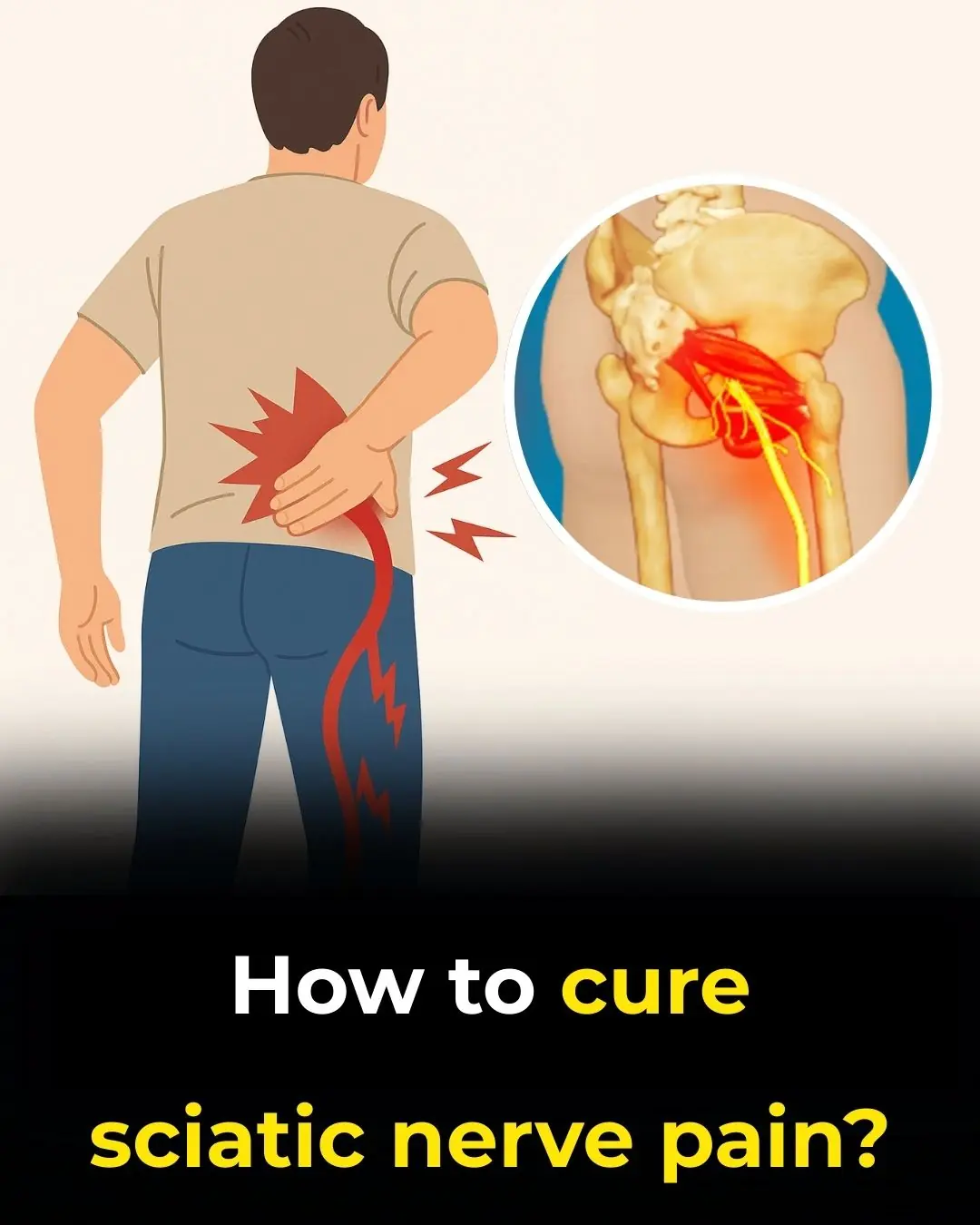
Gentle Stretches to Relieve Sciatica Pain
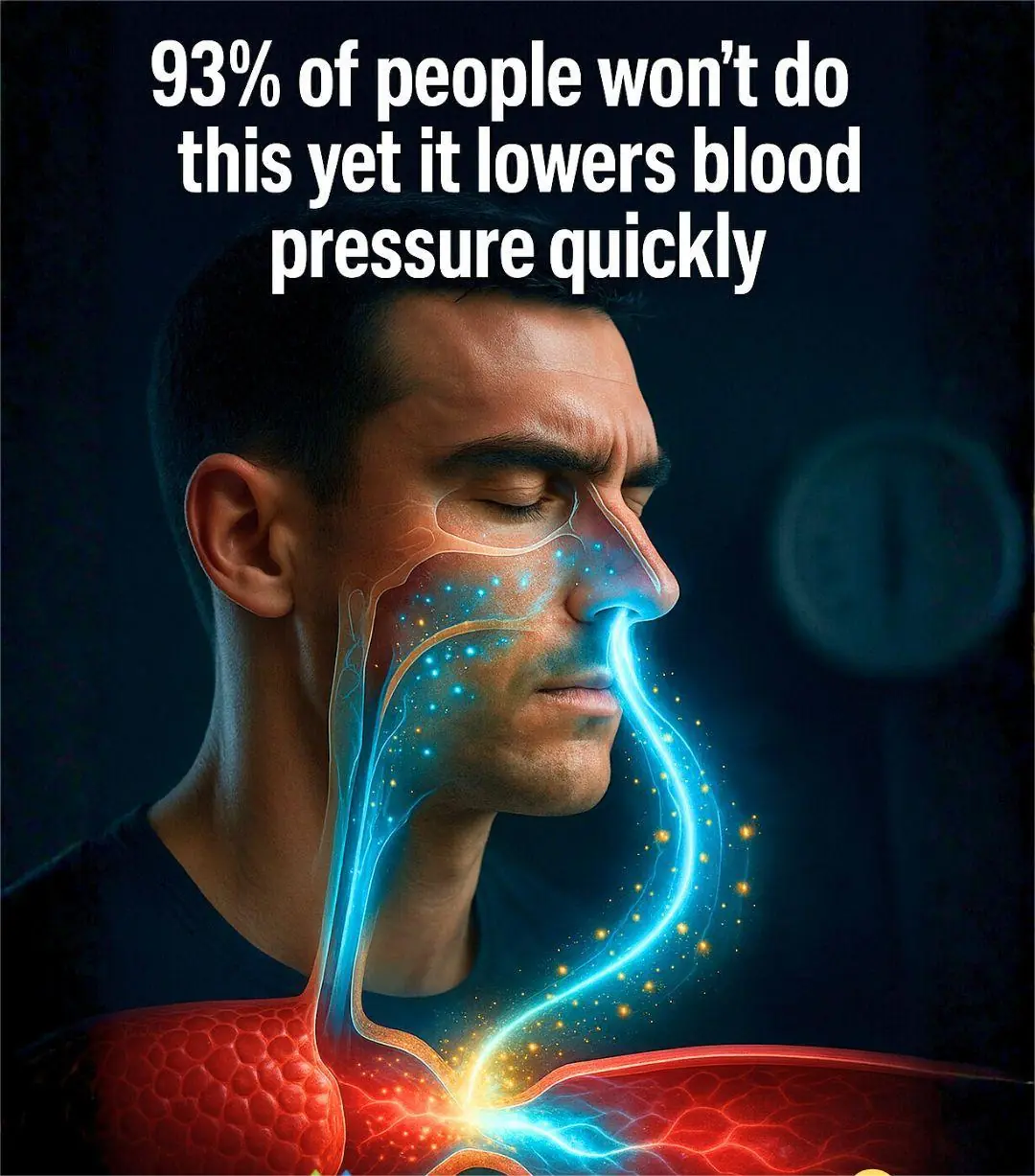
93% of people won’t do this yet it lowers blood pressure quickly

What Happens to Your Body When You Eat Canned Tuna Every Day
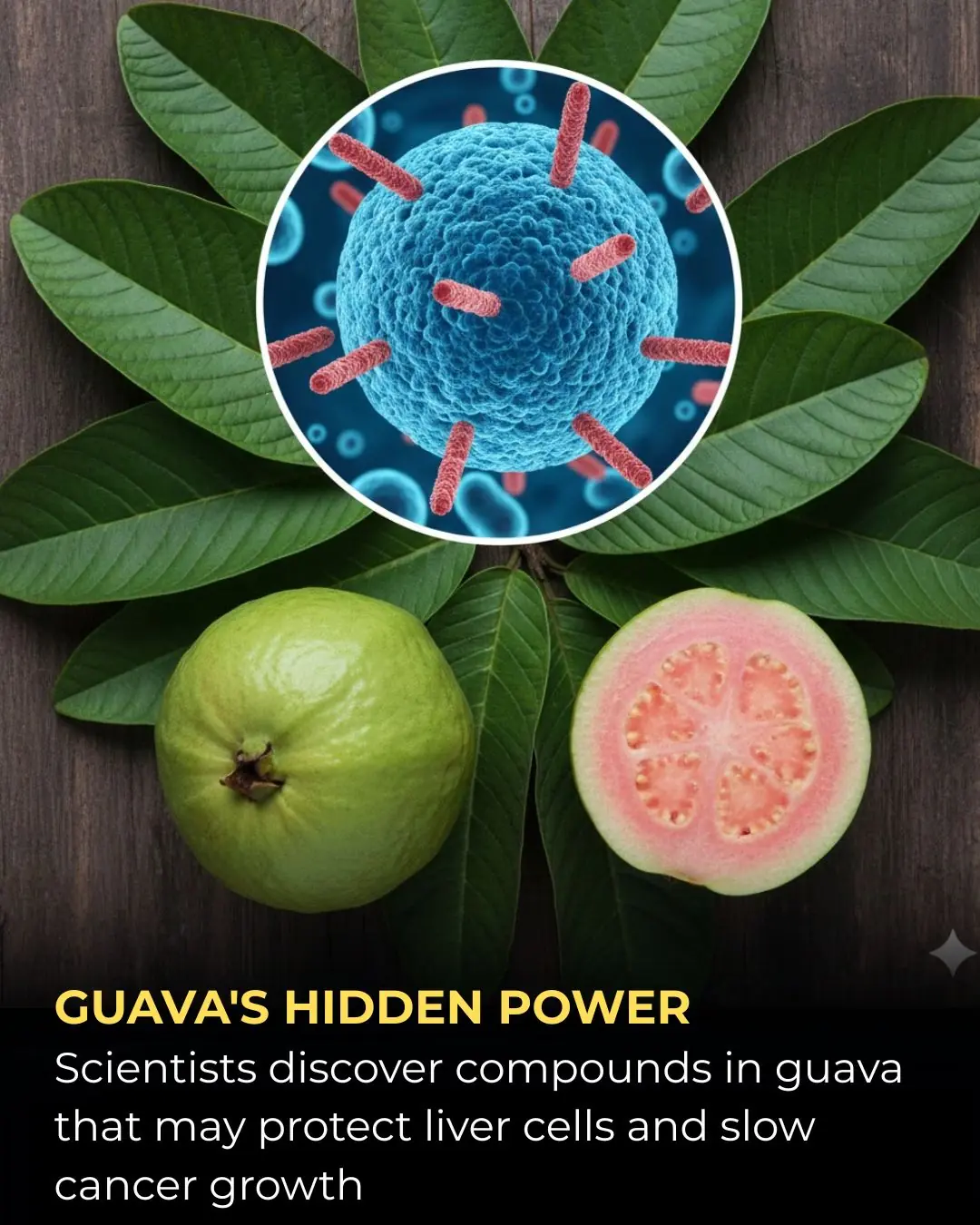
This Tropical Fruit Could Help Protect Your Liver and Fight Cancer
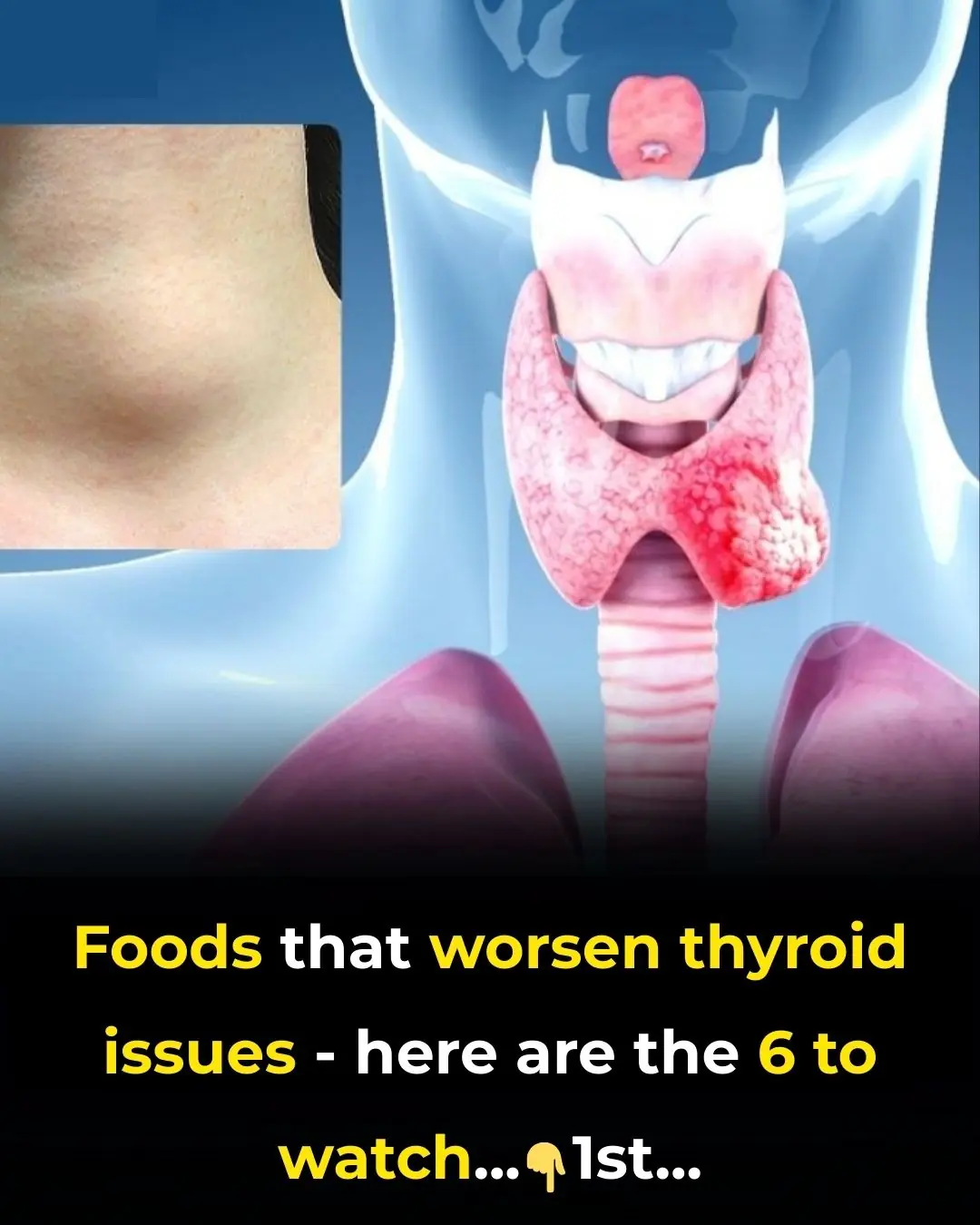
6 Foods You Absolutely Need To Avoid If You Suffer From a Thyroid Disorder
News Post

Here’s the secret why everyone puts avocados on the fire!

Grow Date Trees From Seed (Start in a Pot → Plant Outdoors): The Complete, No-Stress Guide
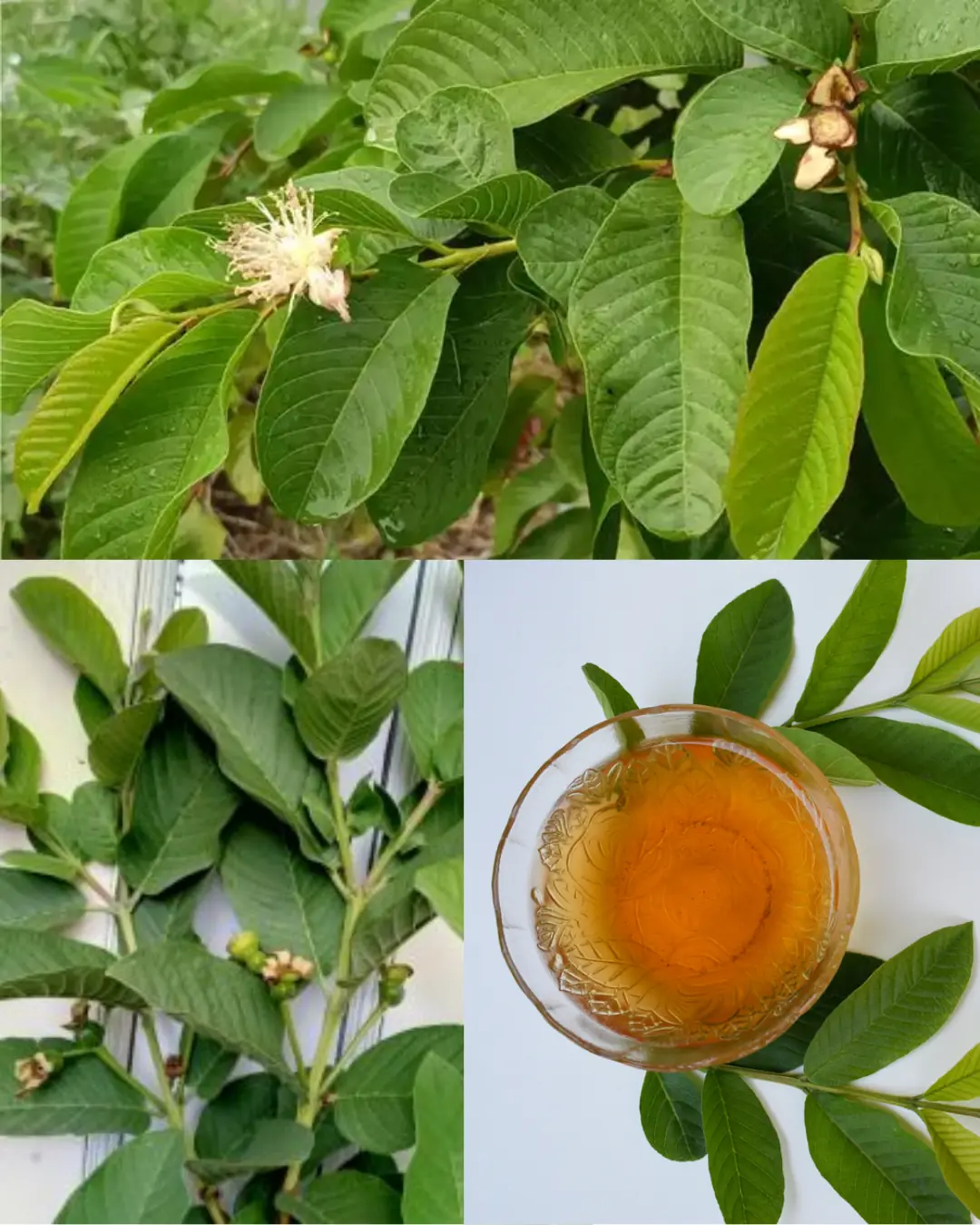
Guava Leaves for Blood Sugar Control: Nature’s Gift for Diabetics

Utqiagvik Enters 64 Days of Darkness: Inside Alaska’s Annual Polar Night
The Versatility and Benefits of Orange Peel Powder

Here’s the secret why everyone puts avocados on the fire!
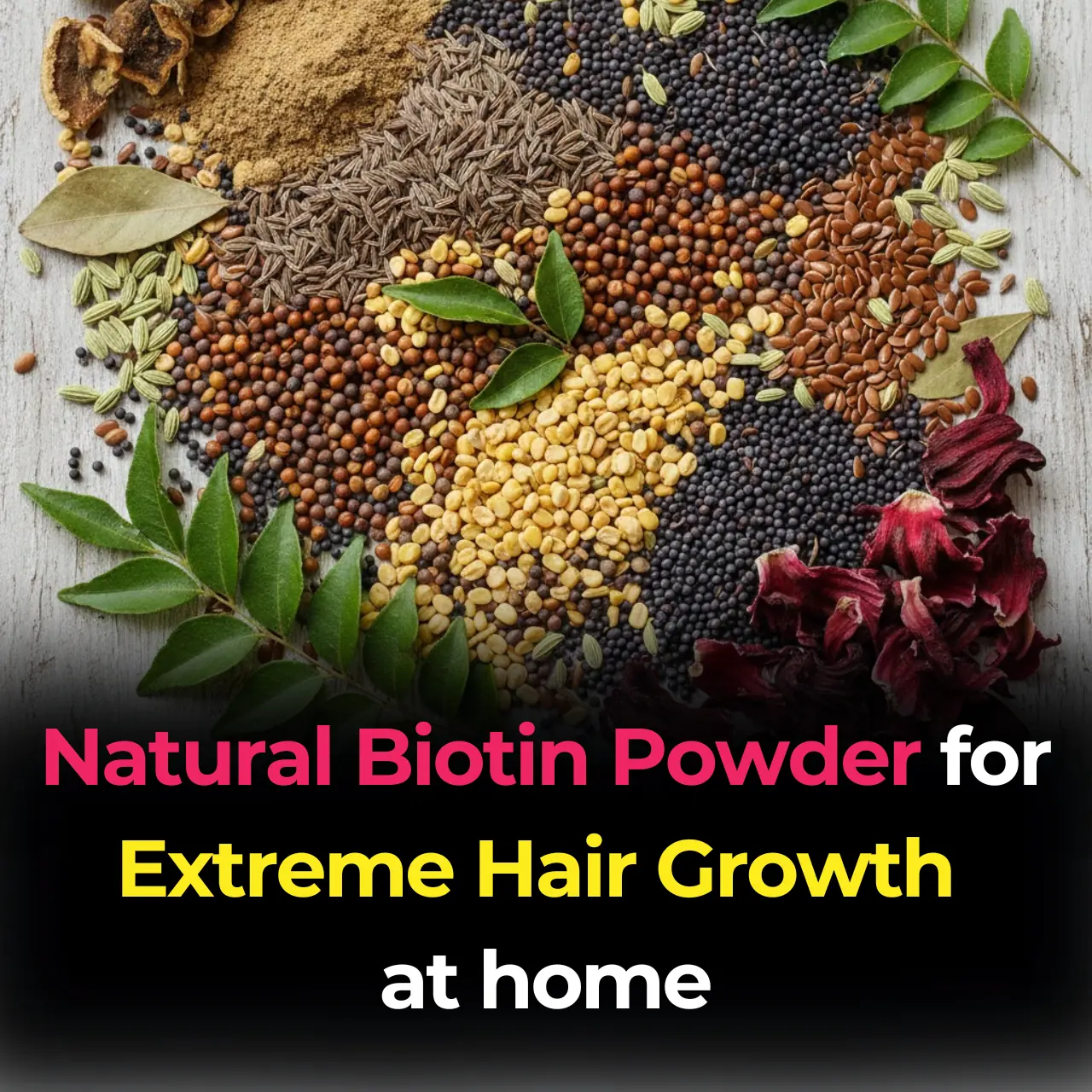
Natural Biotin Powder: Get New Hair in Bald Patch, Extreme Hair Growth

Community Backlash Stops Padel Court Plans in Bath Amid Rising Demand

Scientifically Proven Benefits of Pumpkin Seeds (Pepitas) and Pumpkin Seed Oil

26 Years, 214 Countries, 900,000 Kilometers: The Epic Journey of Gunther and Christine

My nana taught me this hack to get rid of dark circles in 5 mins with 0 work. Here’s how it works

The single move that instantly clears congestion and drains your sinuses

Put a cotton ball with VapoRub in your ear & get this remarkable effect

A Drink That May Help Reduce Cancer Risk: Not Tea or Coffee
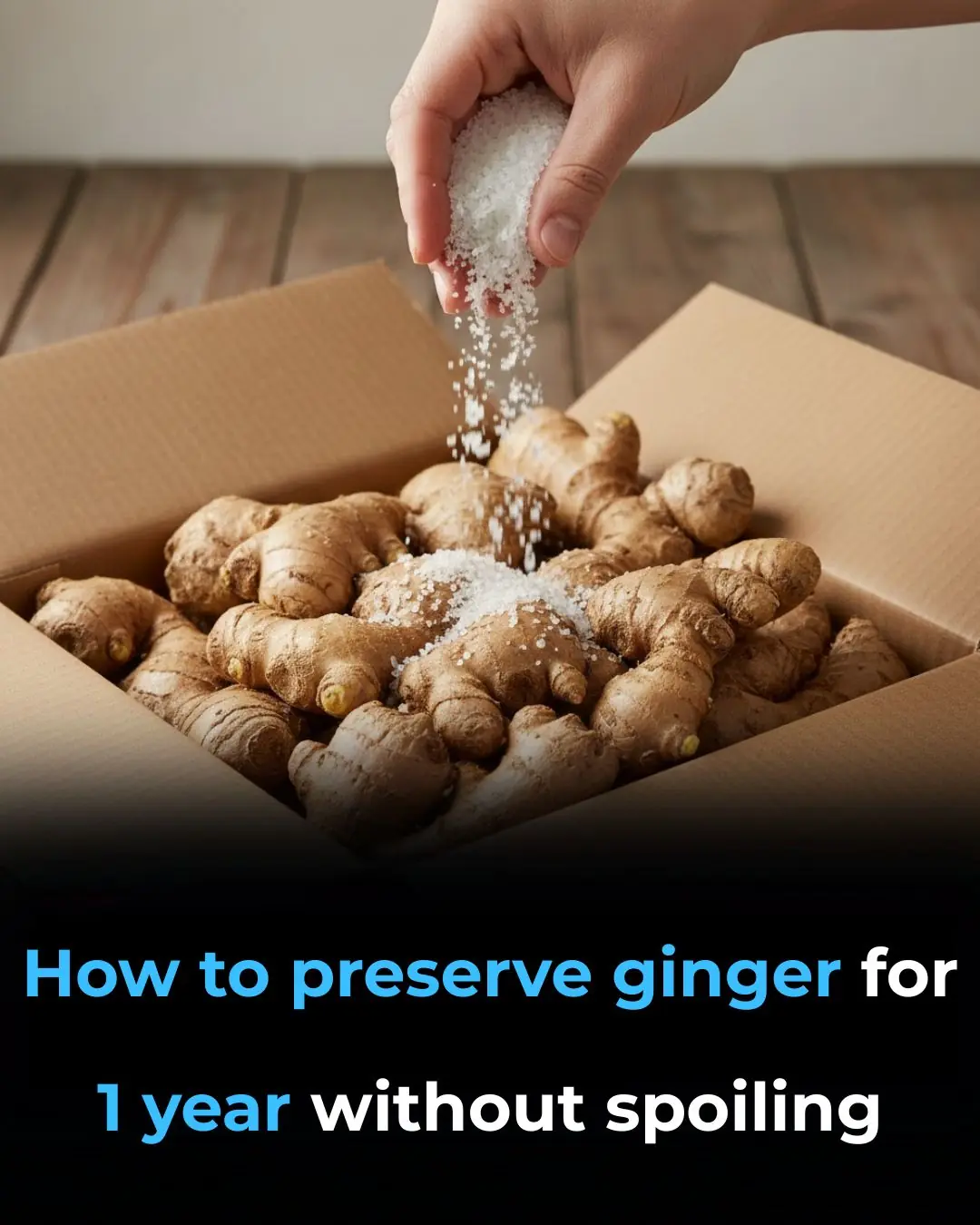
Tips for preserving ginger without refrigeration

11 Health Warnings Your Fingernails May Be Sending

Whether It’s AA or AAA, Don’t Throw Them Away When They Run Out — Here’s a Simple Way to Revive Batteries in 10 Seconds

If the fan is dirty, you don't need to remove the frame or use water

Placing a Sock on Top of Your Air Conditioner: A Small Trick With Big Benefits—Especially on Scorching Days
